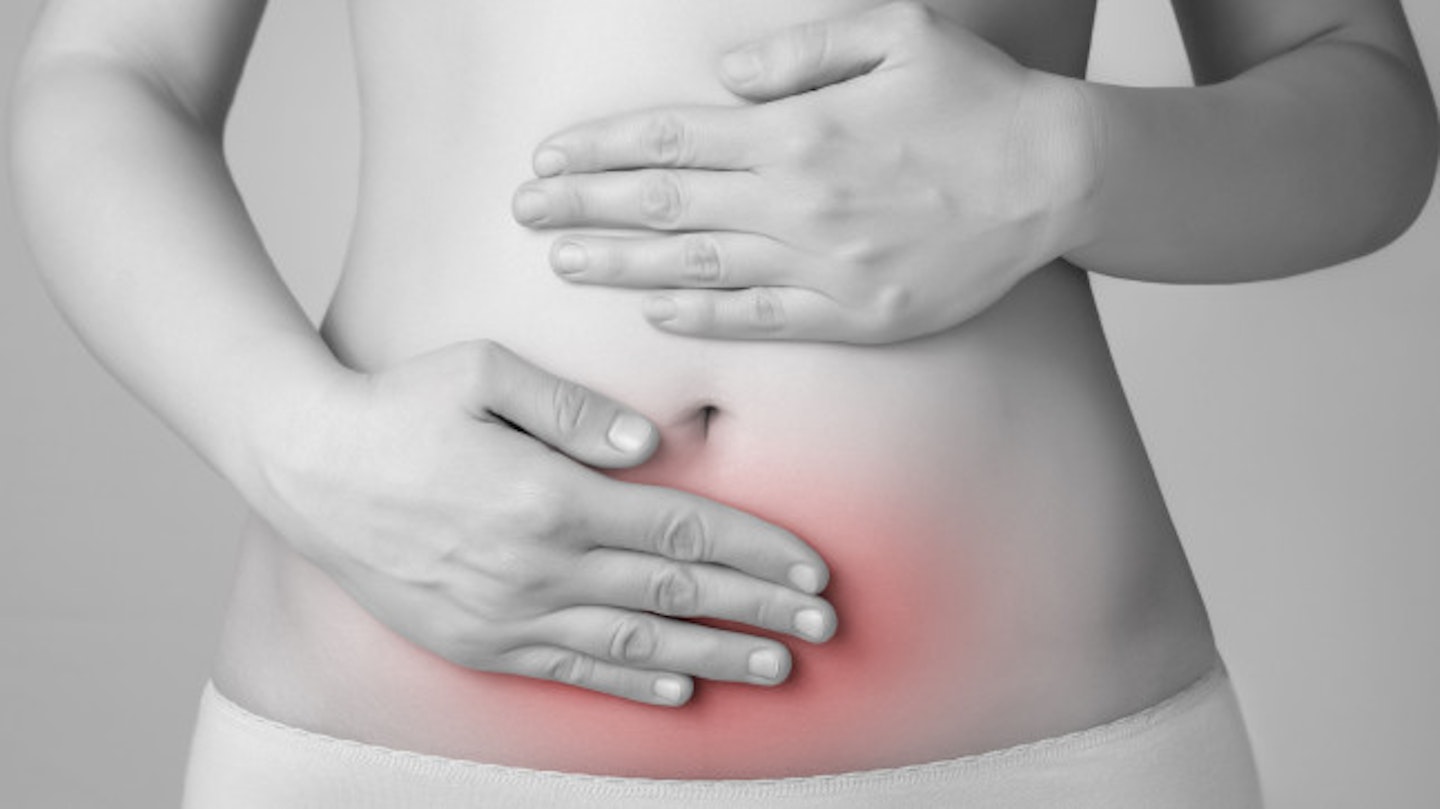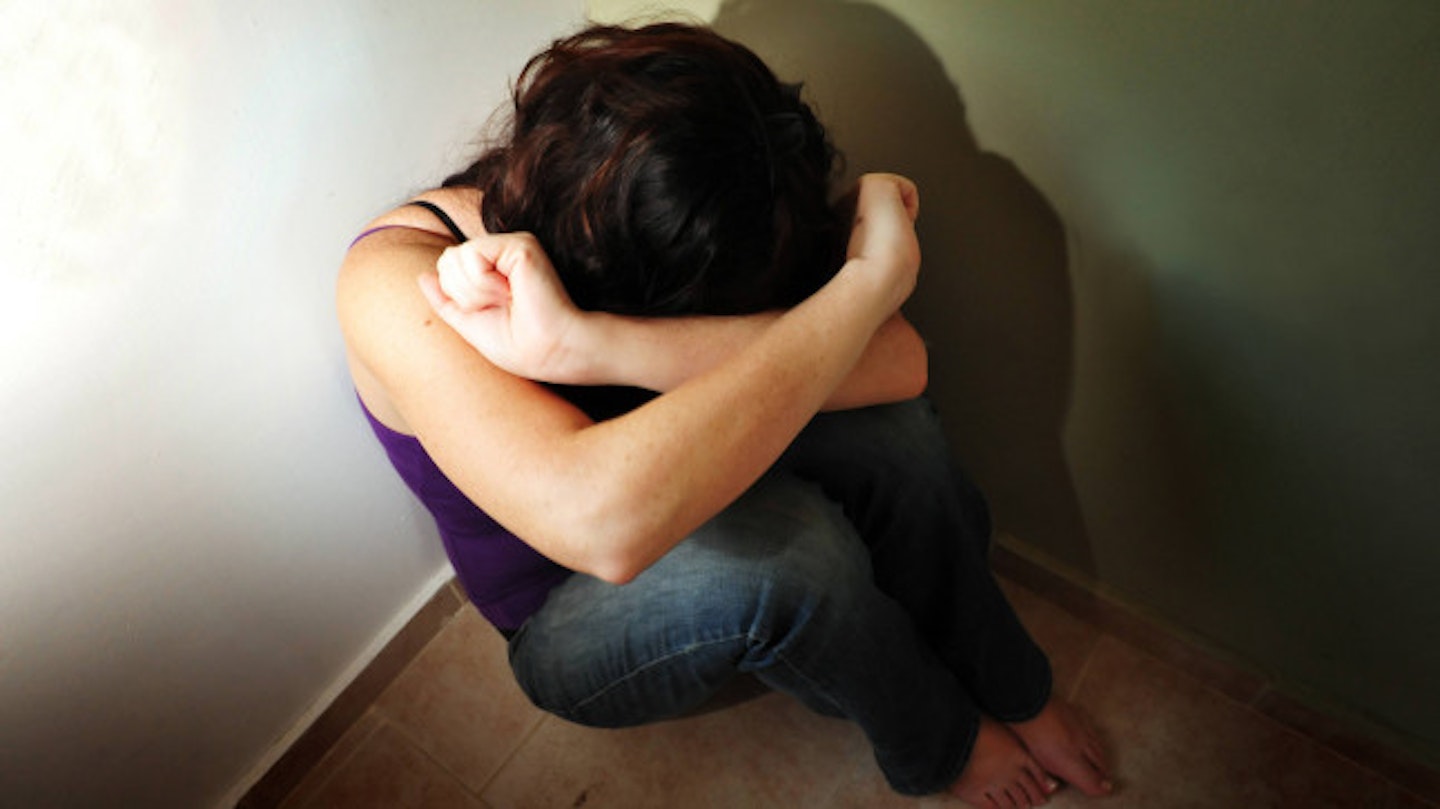Painful periods (also known as dysmenorrhoea) can be traumatic and embarrassing for sufferers. Though we’re told to expect symptoms such as cramping, headaches, anxiety, tiredness and irritability, there are a number of symptoms that should be causing alarm bells to ring.
Severe stomach pains and very heavy bleeding during your period is not normal and should NOT be ignored. Keep track of when your symptoms are at their worst and visit your doctor. If your periods are affecting your day-to-day life then it should be reason for him/her to take you seriously.
Other symptoms such as nausea, painful bowel movements, thigh pain and bleeding between periods are also not regular symptoms of PMS and possibly require further investigation
Below are some common conditions that your painful periods might be pointing to
Period pains
 1 of 5
1 of 5Endometriosis
Endometriosis is serious as it can potentially cause infertility. It occurs when the cells that make up the lining of the womb grow elsewhere in body (the bladder, bowel or fallopian tubes). It can cause excruciating pain. Sufferers often experience most discomfort during sex, throughout their period and pain whilst passing urine or stools.Diagnosis can be difficult as it involves an invasive examination. It can be treated with the contraceptive pill or hormonal treatments.Worryingly, this condition can cause fertility problems. Women with the condition are encouraged to seek advice from their doctor if they are trying for a baby.
 2 of 5
2 of 5Fibroids
Fibroids are non-cancerous growths or tumours that grow in or around the womb. Symptoms include heavy and painful periods, constipation, constant need to urinate and pain during sexual intercourse. Diagnosis will usually be through an ultrasound scan. If the fibroids aren't causing symptoms then treatment isn't necessary. If they are, then your doctor will prescribe medication to help alleviate symptoms. If pain persists then surgery may be suggested to remove the fibroids.
_646x363.jpg?auto=format&w=1440&q=80) 3 of 5
3 of 5Pelvic inflammatory disease (PID)
This condition is caused by bacteria settling in the womb, fallopian tube and ovaries. It;s relatively common and often transmitted through unsafe sex. Symptoms include pain around the stomach, pain during sex and urination, spotting between periods, heavy or especially painful periods and yellow or green discharge. In serious cases women can suffer from a fever, nausea and severe pain. PID is treated with a course of antibiotics. Left untreated, women can run the risk of having an ectopic pregnancy or becoming infertile.
 4 of 5
4 of 5Adenomyosis
This condition can be particularly nasty! Adenomyosis is when the lining of the womb 'breaks through' the muscle wall. Symptoms are heavy, lengthy and severely painful periods. Bloating and pressure in the stomach is also reported amongst sufferers. It's more common in older women and women who have carried pregnancies. Doctors mostly treat the condition with anti-inflammatory and pain medications as well as hormone therapy.
 5 of 5
5 of 5Pregnancy
If you are spotting between periods or suffering from bad stomach cramps, it might be possible that you are pregnant. The best way to find out is through a home pregnancy test, but spotting between periods is also a matter you should discuss with your doctor.
_646x363.jpg?ar=16%3A9&fit=crop&crop=top&auto=format&w=1440&q=80)